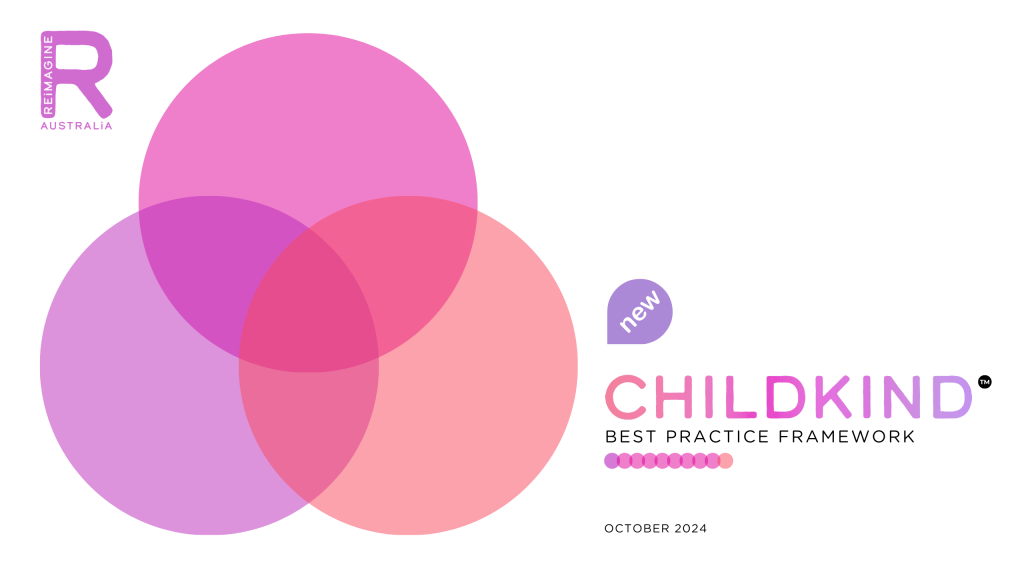CHILDKIND VALUE AND BEHAVIOUR 8
“I will embrace new ideas and approaches based on evidence to create positive change and social impact.”
Embracing innovation means being open to new ideas, technologies, and approaches that can improve the way children with disabilities or developmental differences are supported. For early childhood practitioners, innovation involves constantly seeking ways to enhance the quality of care and education, using evidence-based practices and creative solutions to meet the unique needs of each child and family. Practitioners who embrace innovation are adaptable, resourceful, and committed to continuous improvement. Innovation is particularly important when working with children with disabilities, as it allows practitioners to discover new tools and methods that can better support a child’s development and well-being.
Innovation in early childhood education is essential for staying responsive to the evolving needs of children and families. Australian research by Fleer (2020) highlights that embracing innovative practices allows educators to meet the individual needs of children with disabilities more effectively. By adopting new technologies, creative teaching methods, and evidence-based interventions, practitioners can improve developmental outcomes and create more inclusive environments. The Reimagine Australia Code of Ethics reinforces this in Principle 1.8, which emphasises the importance of embracing innovation and using evidence-based practices to support children’s learning and development. Research by McLachlan and Fleer (2017) also points out that innovative approaches, such as integrating technology into early childhood education, can enhance engagement, learning, and communication for children with disabilities.
BEST PRACTICE PRINCIPLES, CHILDKIND WAYS OF WORKING AND KEY COMPETENCIES
This value or behaviour supports the Best Practices below:
This value or behaviour supports the Ways of Working below:
The value or behaviour suports the Key Competencies below:
Reflection questions are a valuable tool for practitioners, promoting self-awareness, critical thinking, continuous improvement, and stronger relationships in their work with children and families:
What steps can I take to stay informed about innovative tools and strategies in early childhood education?
How do I stay open to new ideas and approaches that could benefit the children I support?
How do I ensure that my innovative practices are aligned with the individual needs of the children and families I work with?
Innovation is the ability to see change as an opportunity – not a threat.
Steve Jobs
Access more information on the ChildKind Best Practice Framework with its 10 Ways of Working, 30 Key Competencies and 8 supporting Values and Behaviours here:
